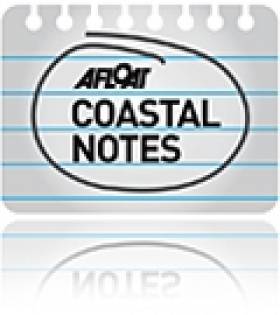Displaying items by tag: British Isles
Beware The British Isles' & Ireland's Hazardous Headlands
#Headlands - Boaters in the British Isles beware - as Motor Boats Monthly has listed some of the most fearsome headlands around the British and Irish coastlines.
This photo gallery details some of the most challenging spots for coastal cruisers - many of which are also these islands' most scenic and picturesque.
Take the rugged beauty of Land's End, where passage in anything but fair weather could be the end of even the most experience mariner.
Or closer to home there's Mizen Head in West Cork, notorious for the more than 80 known wrecks below the surface.
Motor Boats Monthly has more on the story HERE.
Public Needed to Help Record Whale and Dolphin Strandings in UK
#MARINE WILDLIFE - Some 46 reports of stranded whales and dolphins in Northern Ireland are among the thousands recorded across the UK over the last six years, according to BBC News.
A new study co-ordinated by the Zoological Socoety of London (ZSL) shows that some 3,500 cetaceans were stranded on the British coastline between 2005 and 2010.
Though year-on-year figures have fallen overall, is presumed that many more strandings have gone undetected.
Many were found to have died of disease or starvation – particular harbour dolphins.
But human activity such as fishing, shipping and chemical pollution also poses a significant threat to marine wildlife in the waters around the British Isles, said Rob Deaville of the ZSL.
The public is being encouraged to report stranded marine mammals to help create a more accurate picture.
BBC News has more on the story HERE.































































